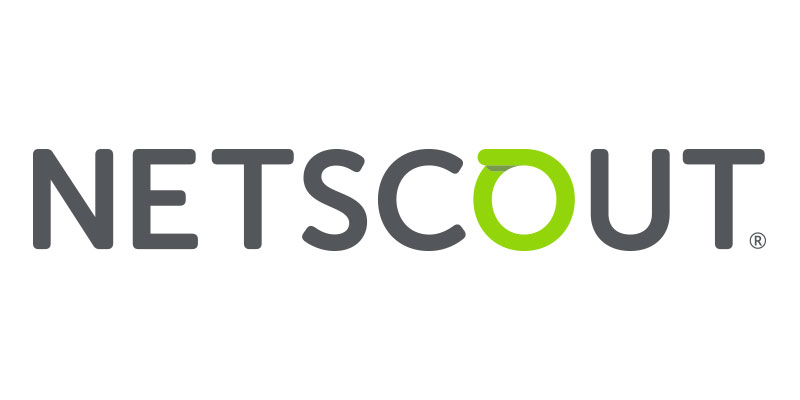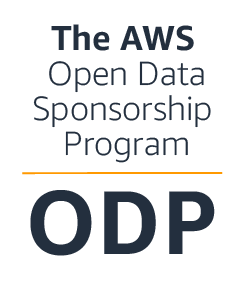
Overview

G.V() Product Overview
A 2-minutes introduction of our software showcasing its main features.
G.V() is a user-friendly web application designed for developers and data analysts to make day-to-day graph database development and management operations quicker and easier. Boost your productivity with G.V()'s wealth of tools to analyze, modify and query your graph database.
G.V() connects to as many graph databases as you need, allowing you to centrally manage them all without the need for separate tools. You can also create queries and parameterized reports, and organize them into folders so that multiple users can access and run them concurrently. G.V() supports a wide variety of graph database technologies and we frequently add support for new ones, meaning you'll only need G.V() to interact consistently with all your databases.
The query editor in G.V() provides state-of-the-art functionality for both the Gremlin and Cypher query languages. With it you'll benefit from:
- Syntax error validation and code formatting
- Autocomplete suggestions based on your graph data schema
- Intuitive highlighting and code colouring features
- Embedded official Gremlin, Cypher and SPARQL language documentation to support query writing
- Query generation from natural-language text prompts
- Unique query debugging facilities to trigger a query step by step and inspect the resulting traversals
- Query profiling and query plan explanation with just one click
- The most advanced graph database query editor available
The graph visualization tools in G.V() give you both performance and flexibility, allowing you to render tens of thousands of elements and customize their appearance easily. And with just a few clicks, you can view, add, edit and delete vertices, edges and their properties, saving you time and effort writing individual update queries. Using G.V()'s graph visualization features, you can also filter and navigate your data by loading node neighbors in a couple clicks, making data exploration a breeze. The graph view offers you a variety of layouts that are configurable in a click.
Get a concise and central view of the structure of your data: G.V() automatically detects the data schema from your graph database and allows you to visualize it as an entity-relationship diagram in the Data Model Explorer. This improves collaboration between your users by providing an easy-to-understand, consolidated view of your graph data model.
For non-technical users, the no-code graph data explorer gives you the ability to retrieve and visualize data without the need to write a complex database query. Combined with the ability to create parameterized reports based on Gremlin or Cypher queries, your non-technical users have a range of actionable reporting tools at their fingertips.
Finally, G.V() lets you to explore the results of your database queries across multiple formats
- JSON
- Graph
- Tables These formats give you flexibility on how to analyze your data. Query result data can also be exported for external consumption.
Highlights
- Write Gremlin, Cypher and SPARQL queries easily using the G.V() built-in query editor, with syntax checking, autocomplete and embedded documentation. Save and organize your queries into folders, to easily maintain curated reports for your database.
- Navigate, explorer and modify your graph data interactively with the graph database visualization feature
- Improve team collaboration with a centralized view of your graph data schema, which is automatically loaded and visible as an entity-relationship diagram. Connect as many database endpoints as you like on G.V().
Details
Introducing multi-product solutions
You can now purchase comprehensive solutions tailored to use cases and industries.

Features and programs
Financing for AWS Marketplace purchases

Pricing
Free trial
Dimension | Cost/hour |
|---|---|
t3.large Recommended | $0.64 |
t3.2xlarge | $2.56 |
t3.medium | $0.32 |
m5.2xlarge | $3.20 |
m5.xlarge | $1.60 |
m5.large | $0.80 |
t3.xlarge | $1.28 |
m5.4xlarge | $6.40 |
Vendor refund policy
We do not currently support refunds, but you can cancel anytime in 1 click. If you'd like to discuss your use case further, please contact us at support@gdotv.com
How can we make this page better?

Legal
Vendor terms and conditions
Content disclaimer
Delivery details
64-bit (x86) Amazon Machine Image (AMI)
Amazon Machine Image (AMI)
An AMI is a virtual image that provides the information required to launch an instance. Amazon EC2 (Elastic Compute Cloud) instances are virtual servers on which you can run your applications and workloads, offering varying combinations of CPU, memory, storage, and networking resources. You can launch as many instances from as many different AMIs as you need.
Version release notes
ADDED: Added support for RDF and the SPARQL Querying language
UPDATED: Simplified database connection onboarding user experience
BUG FIXES: Fixed autocomplete issues for the Gremlin querying language
Additional details
Usage instructions
(Recommended) For a full step-by-step walkthrough of the setup, please go to https://gdotv.com/docs/aws-marketplace . Your EC2 instance will be deployed with a public hostname that you will access to use G.V(). It will also be configured with EC2 instance connect enabled for ease of access via SSH.
Note that your VPC may be configured with additional restrictions that may prevent its access (inbound VPC security group rules, AWS Network firewall configuration, VPC endpoint policies, etc). If you're unable to access port 443 or 22 of your deployed instance after following the below steps, you should consult with your internal AWS team.
To deploy G.V() from AWS Marketplace, you will need to select the Launch via EC2 Console option during configuration and follow these steps:
-
Ensure the security group rules for inbound traffic enable HTTPS port 443. For convenience during launch process, you can create a new Security Group based on seller recommended settings. For more information: https://docs.aws.amazon.com/vpc/latest/userguide/VPC_SecurityGroups.html
-
(Optional) Make sure to configure an IAM instance profile for your G.V() EC2 instance as described in https://gdotv.com/docs/aws-marketplace/#configuring-the-iam-role-for-the-instance if you're planning to connect to an IAM enabled Amazon Neptune or Neptune graph instance
-
Once the instance is running, access via a web browser: http://{instance_url}/ or https://{instance_url} The instance_url is determined by your instance host name or IP. On first login, your credentials are:
User: gdotv Password: {instanceID}
Note that these credentials will allow you to both log into G.V() as well as the gdotv Keycloak realm which serves as your user administration interface.
The instance ID is available in the description of your AMI in your Amazon console. To change your password, see https://gdotv.com/docs/aws-marketplace/#modifying-the-g-v-authentication-credentials
Note that for https access, G.V() Developer generates a self-signed TLS certificate that will not be trusted by your browser by default. To trust the certificate, after opening G.V() Developer on your browser, click on "Advanced", then click on "Proceed to {instance hostname} (unsafe).
You can configure your own TLS certificate for the application by assigning a domain name owned by your organization to the EC2 instance's public IP address, and generate a TLS certificate to be used by G.V() at a specific location on your instance. This process is detailed at https://gdotv.com/docs/aws-marketplace/#configuring-a-tls-certificate
Resources
Vendor resources
Support
Vendor support
You can contact us at support@gdotv.com for help in setting up your G.V() deployment. Our software is fully documented and can be accessed either at https://gdotv.com/docs or directly on your G.V() instance at
AWS infrastructure support
AWS Support is a one-on-one, fast-response support channel that is staffed 24x7x365 with experienced and technical support engineers. The service helps customers of all sizes and technical abilities to successfully utilize the products and features provided by Amazon Web Services.
Similar products




Customer reviews
Review
GdotV is an effective and easy-to-use tool for exploring graph-oriented databases. We have been using it for 2 years now to design, debug and monitor our graph databases. The integration with AWS is a real plus, making it easy to have the tool on an EC2.